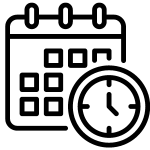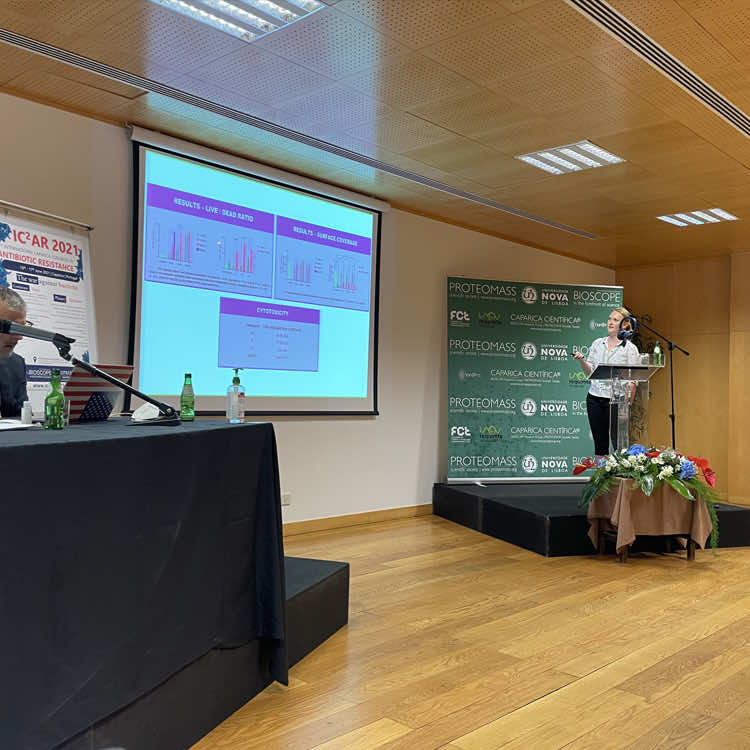Physical Education and Sport




Tuition

Duration

Admissions Deadline

Location
Profile
This Programme focuses on the education in the area of Teacher Education and Physical Education and Sport, Kinanthropology based on a wide range of scientific branches dealing with the society life traditionally called Physical Education and Sport. These branches form an essential part of the education of a qualified teacher. The Study Programme is a following programme which enables graduates to learn the theoretical knowledge and skills in Humanities (philosophy, history of sport), Social Sciences (psychology, sociology, pedagogy of sport), Biomedical branches (anatomy, biomechanics, physiology in stress conditions) and interdisciplinary (anthropomotorics, fitness and healthy lifestyle, nutrition). In addition to that there is also didactics of sport as well as didactics of individual sport activities.In the Master Study Programme students see deeply to the above mentioned areas of education. They also learn wider background of pedagogy-psychological, university and the branch specific bases. In the subjects of didactics of individual fields of sport the students prove the application of their knowledge and skills in the teaching process. The Study Programme offers the Specialization Health Education and Education in Nature and Coaching Specialization .Study specialization has to be chosen at the moment of registering into the studies.-The Specialization Health Education is connected with areas covered by healthy lifestyle, topics covered by Framed Educational Programmes for Czech highschools and other types of secondary education including technical schools.The Education in Nature brings the similar knowledge where the one of pedagogy of experience and environmental education play the dominant role.-The Coaching Specialization is focused on education of coaches in specific sport. It is based on pedagogy and psychology of sport, biomedical branches and again the didactics of individual fields of sport. Faculty offers following coaching specializations: track and field, gymnastics, swimming sports, football, ice-hockey, basketball, tennis, handball, volleyball, combat sports.
Map
Sorry, no records were found. Please adjust your search criteria and try again.
Sorry, unable to load the Maps API.
Related Programs
Program Information
Prague
Czech Republic
110 00
Czechia
- 2 years
- Full Time
- On Campus Learning
Additional Information
Considerations


